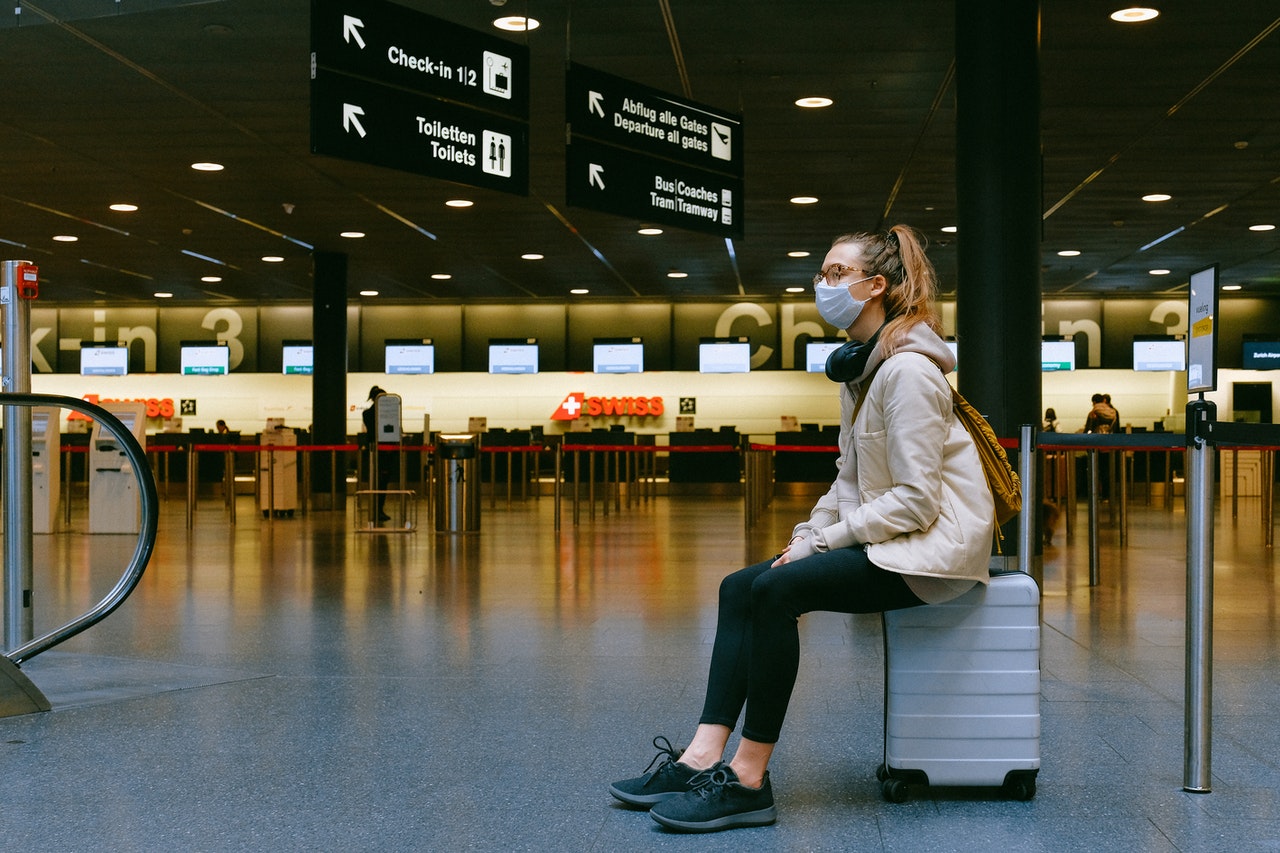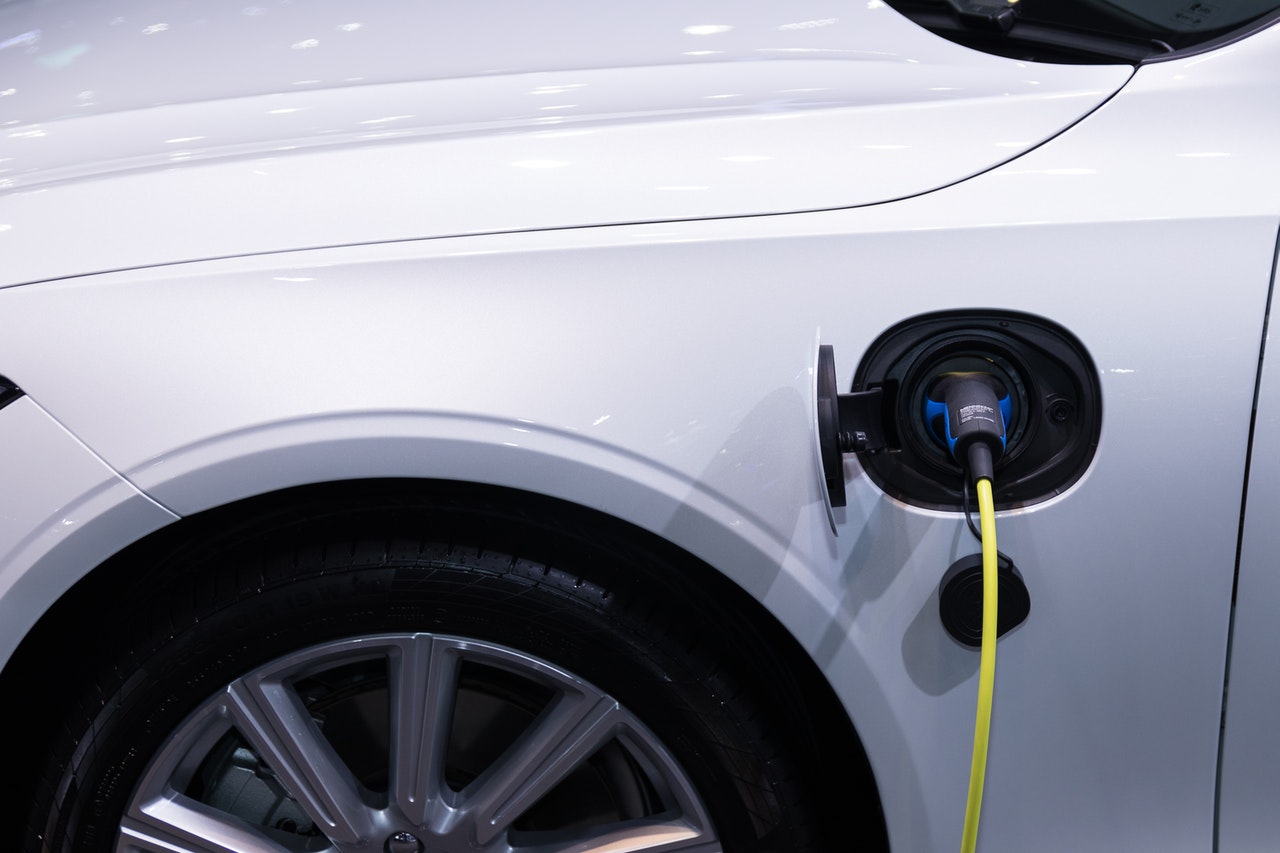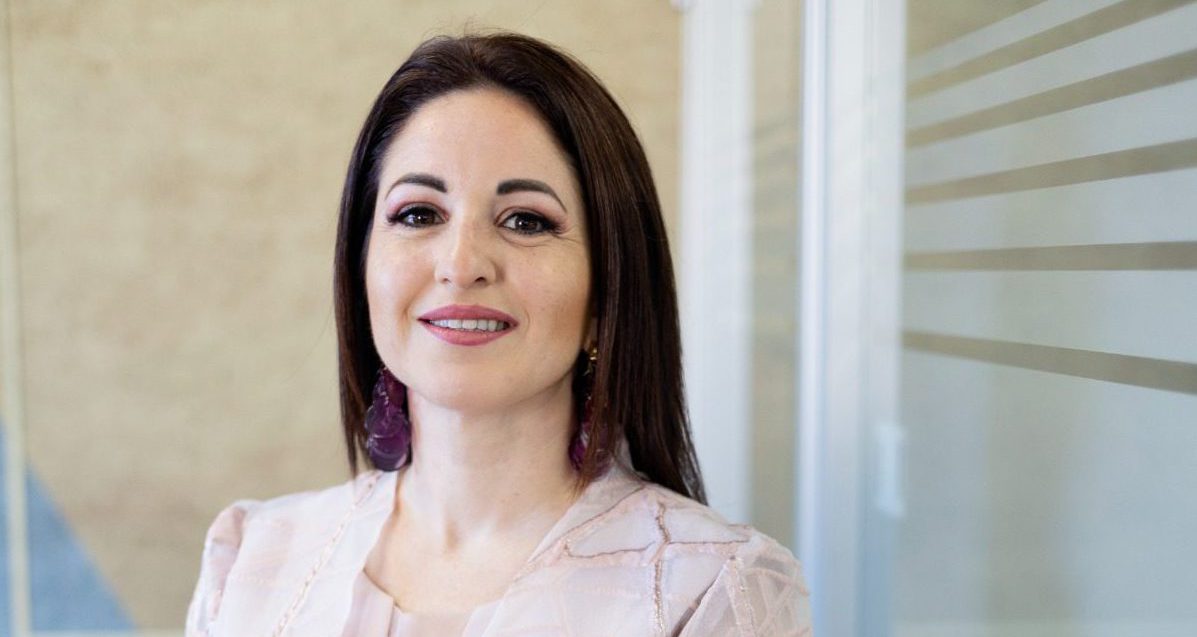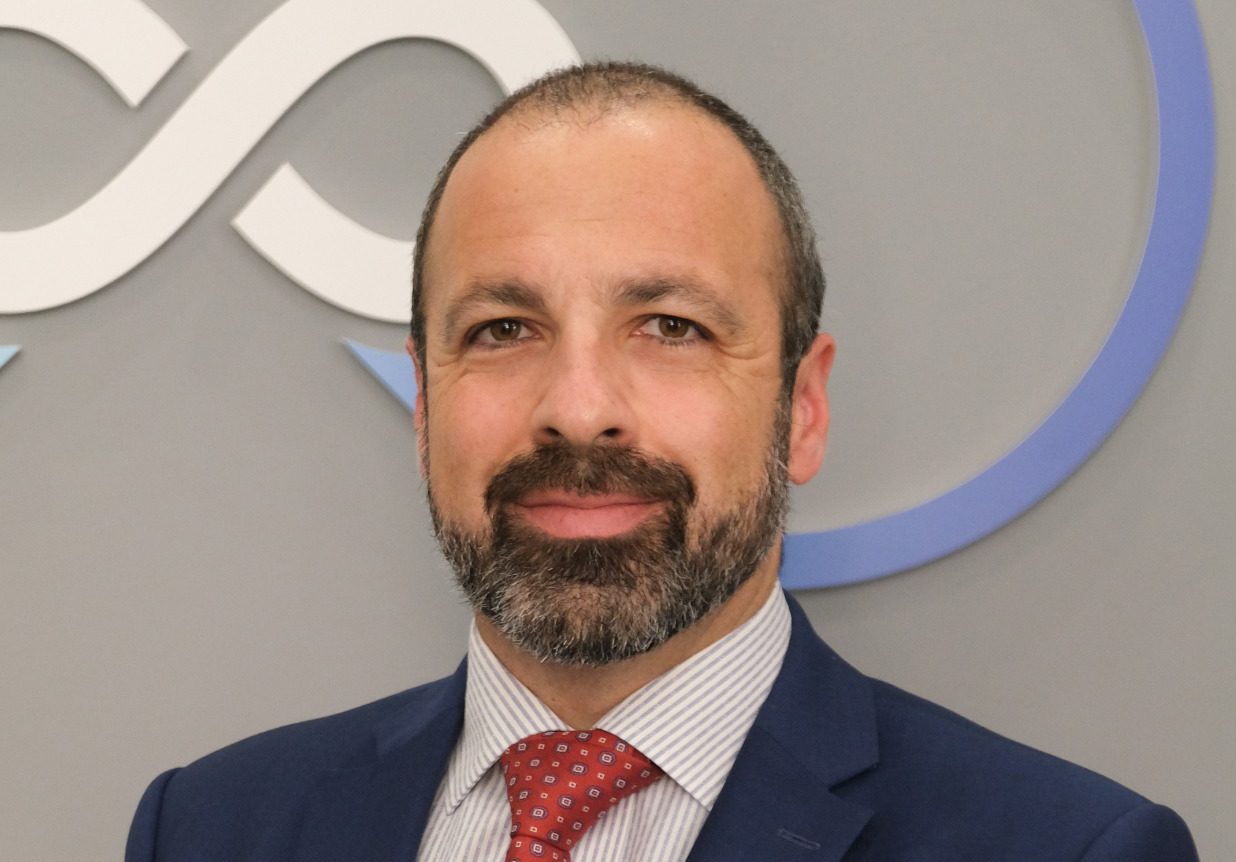According to Charles Pace, one of Malta’s foremost aviation experts, a COVID transport certificate should take the form of a digital wallet.
Speaking to BusinessNow.mt, Mr Pace, who is also a Director-General for Civil Aviation at Transport Malta, explained his ideas for a COVID wallet scheme.
“Just like people carry their wallet, which holds their ID card and their credit card”, people could also have their COVID wallet, which instead of the cards, holds a selection of certified information regarding its holder’s COVID status, he said.
The wallet he has in mind is similar to that proposed by the EU in the form of the EU Digital Green Pass in that all data held by the app will be held locally, surmounting the potentially difficult obstacle posed by data-protection laws and privacy concerns.
Additionally, Mr Pace concurs with the EU that the pass should be an enabler, rather than a requirement for international travel and that if a person has not received the vaccine, they should still be allowed into a country, but that they may need to quarantine.
In this view, he is joined by international tourism stakeholders, including the World Travel and Tourism Council, which warned against the implementation of vaccines as a requirement to travel, claiming it would “discriminate against less advanced countries and younger travellers, or those who simply can’t or choose not to be vaccinated”.
From an aviation perspective, it could be useful for a system like a wallet to surmount problems faced by the current “traffic light system” regulating which countries one can travel from.
The wallet system, in conjunction with the traffic light system, could mandate that people from “red countries” such as the UK, could travel to Malta, assuming they’d been vaccinated.
Mr Pace is adamant that a replacement to the current system of travel is needed, saying even a slight increase in incoming passengers would see a breakdown of the procedure.
As things stand there are quarantine requirements and PCR testing on arrival at the airport, a scheme which would no longer be effective if it faces even a very slight increase in passenger numbers, according to Mr Pace.
“We would have delays, aeroplanes waiting hours for turnarounds. The airports of today, with increased numbers, are not equipped for this level of passenger”, he comments.
He reiterates that once the world opens up, electronic solutions will be required to facilitate travel. Testing and anything else should be carried out outside of the airport.
A multipurpose wallet
However, he proposes an additional use for the wallet, rather than simply for international travel.
Mr Pace believes that the wallet could be used locally by hospitality venues, including hotels, concert venues and restaurants, to provide a COVID-secure environment for those customers that might be more cautious of travelling.
More than that, if individual venues decide to open specifically for those with vaccinations, a move that could be facilitated by the use of the wallet locally, it could actually prove to be a niche market for those venues to exploit.
Much like one is sometimes asked for their ID, a wallet holder could produce their phone to confirm their status as COVID free, vaccinated, or having recovered from the virus.
The wallet needs to be a “verifiable digital identity”. Once you have that, Mr Pace said, “it can be used anywhere”.
Wherever one goes, he said, “whether a restaurant, concert or airport”, if they require it, a scan-able wallet could be required upon request.
He also echoed statements by some of Malta’s tourism stakeholders, saying “I don’t think the world economies can survive, without at least getting something out of summer”.
“We will have a critical situation in the economy and unemployment if we are not going to at least get something out of the summer”, he emphasised. “Something has to give”.
Staying competitive
Mr Pace points out that some destinations, including Iceland and Madeira, have introduced some measures to accept visitors depending on their COVID status.
In the case of Madeira, visitors who can show they’ve been vaccinated or have recently recovered from the virus are able to enter the country without a PCR test.
In Iceland, certificates are accepted at the border exempted their holder of presenting a negative PCR-test, screening and quarantine if they’ve recovered from the virus or have been vaccinated with an approved vaccine.
To stay competitive, he calls for Malta to introduce similar measures.
Uniplural Group: ‘Our brand transformation fortifies our position as a one-stop-shop within the community’
The newly rebranded Uniplural Group provides a diversity of care services strategically united to embrace emerging growth prospects
Print&Merchandise embracing sustainable merchandising solutions
Janice Calleja, manager at Print&Merchandise, highlights the company's high-quality, bespoke services, alongside its evolution towards eco-friendly solutions
‘Regulating what is happening today is only part of what we do at the Malta Communications Authority’
Inġ Antoine Sciberras explains how the regulatory authority strikes a balance between healthy competition, and facilitating new tech investment





